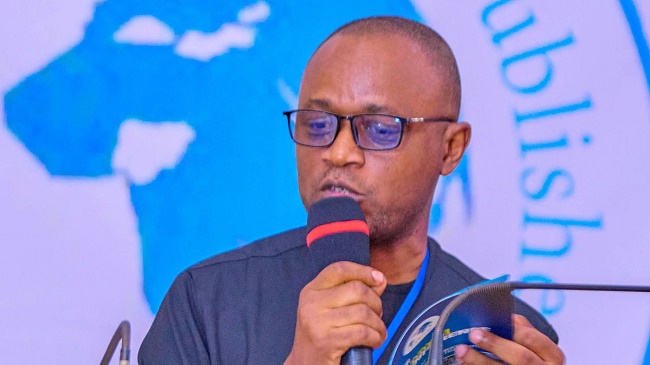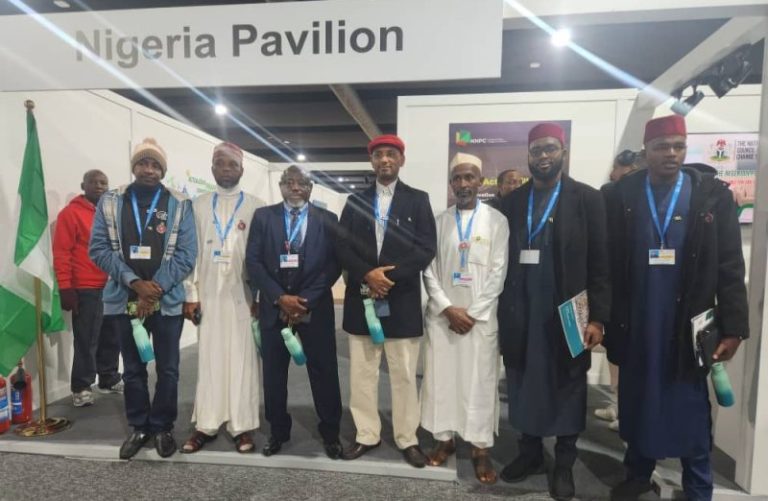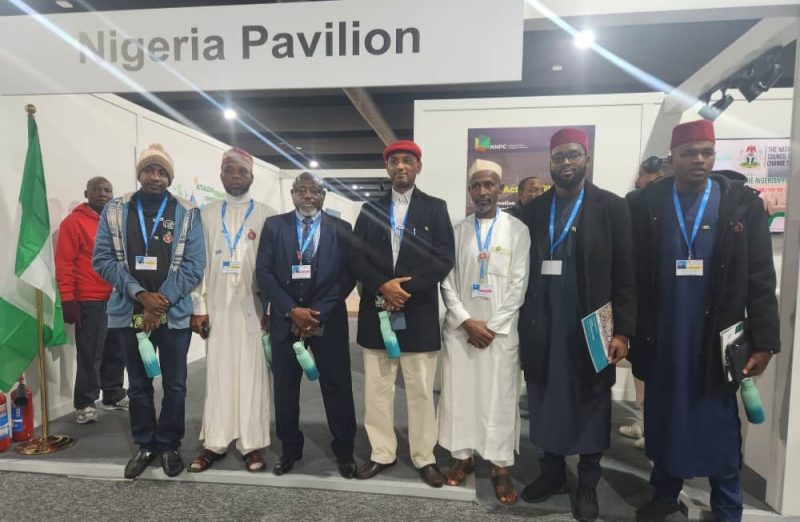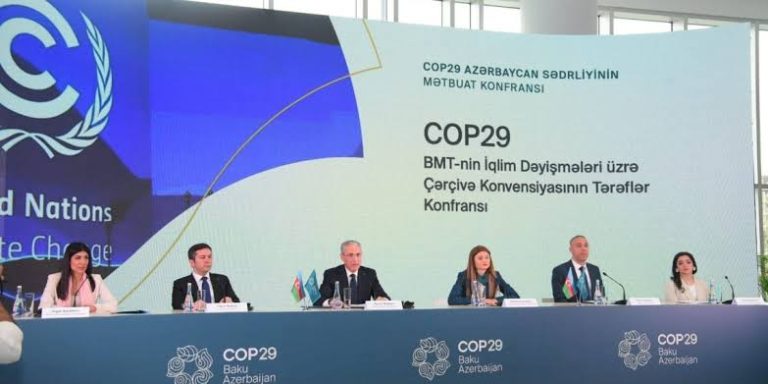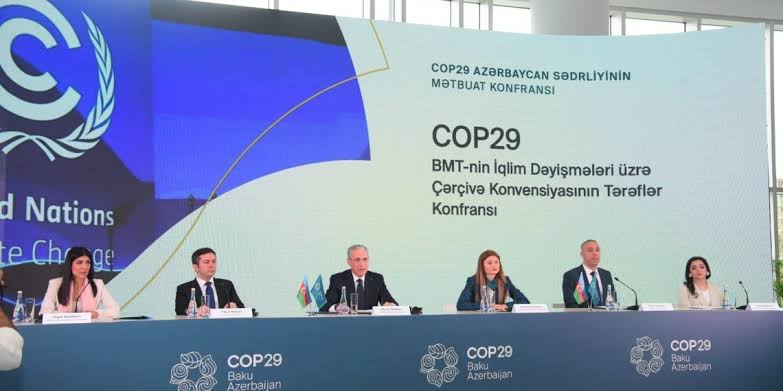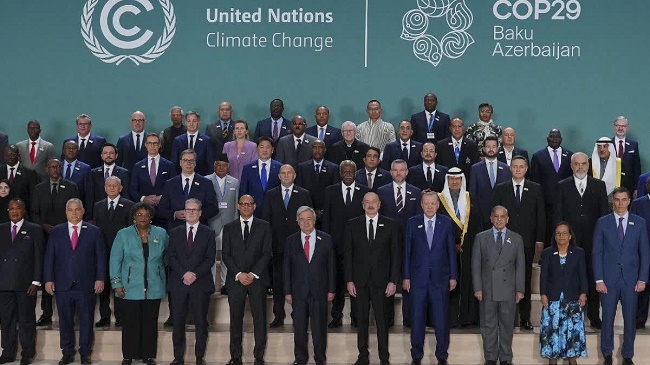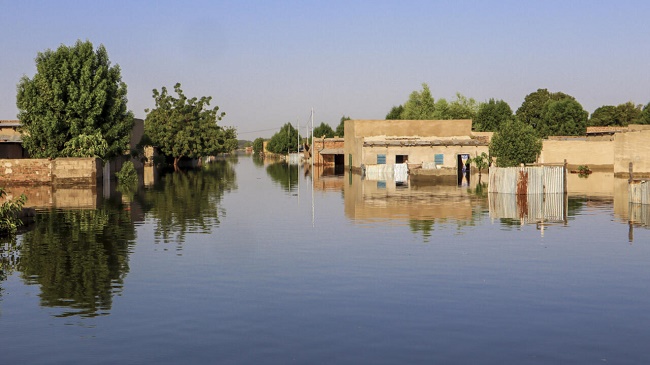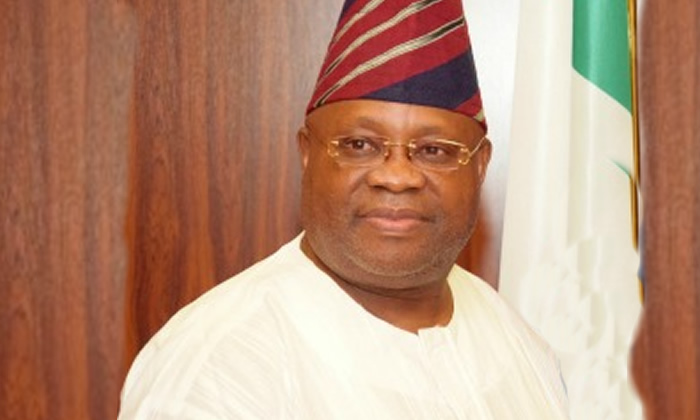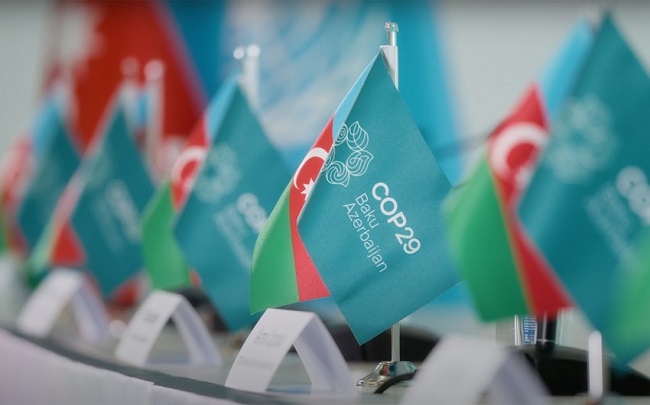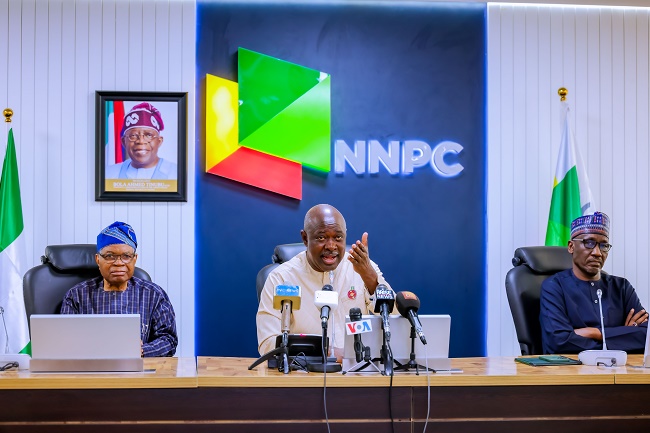The International Indian Treaty Council (IITC) has condemned the November 11, 2024, decision by the 29th session of the Conference of the Parties to the United Nations Framework Convention on Climate Change (UNFCCC COP29). States Parties voted unanimously, although some expressed concern, to approve long delayed and controversial carbon market rules contained in Article 6 of the Paris Agreement.
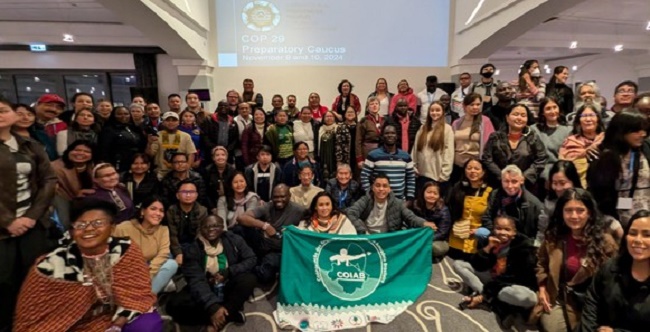
IITC joined with the other participants of International Indigenous Peoples Forum on Climate Change (IIPFCC) which represents over 150 Indigenous Peoples from around the world attending COP29. The IIPFCC was unified in warning that these market-based mechanisms threaten Indigenous Peoples’ ecosystems and rights and enable continued pollution under the guise of “climate action”.
The IIPFCC’s opening statement, approved by consensus, and presented in the COP29 plenary on November 13, 2024, affirmed: “States have failed to take necessary action to phase out fossil fuels and implement a Just Transition to sustainable, non-carbon-based energy sources. At the same time, States are imposing false solutions enabled by Article 6, including geo-engineering, as well as extraction of so-called transition minerals, which do not reverse the climate crisis.”
The decision to adopt carbon removal guidelines developed by the Article 6.4 Supervisory Body in October 2024 also opens the door for increased exploitation of Indigenous territories. Under 6.4 States and corporations can offset their emissions by funding projects in other regions, including those that target Indigenous Peoples’ lands. Indigenous Peoples in various countries have already experienced the devastating consequences of these carbon market projects, resulting in land dispossession and forced displacement from their ancestral territories.
“The UN now opens the door to unproven carbon removal technologies with little to no Indigenous rights protection,” said Ghazali Ohorella, Maluku, IITC’s Human Rights and Climate Change Legal Consultant, who is coordinating work on Article 6 for Indigenous Peoples at COP29.
“These removal mechanisms will directly threaten Indigenous Peoples who have been the traditional guardians of their ecosystems since time immemorial. The rush to implement these standards shows a dangerous prioritisation of economic interests over Indigenous Peoples rights, UN governance and real climate action,” added Ghazali.
The newly approved mechanisms also promote dangerous technologies like Carbon Capture Storage (CCS) and geoengineering, rather than addressing the root causes of climate change.
Andrea Carmen, IITC Executive Director, who is attending the COP29 with an IITC delegates from North, Central and South America and the Pacific, stated: “Indigenous Peoples are asking for recognition of our own time-tested methods and practices for ecosystem protection, restoration and resiliency to address and minimise the climate crisis. Instead, we’re seeing the fast-tracking of carbon market schemes that allow states to evade accountability while putting Indigenous Peoples’ health, safety, and rights at risk.”
At the COP29 negotiations in Baku, IITC said it would continue to advocate for climate action that respects Indigenous rights and promotes real global solutions by calling on State Parties to:
1. Recognise the distinct collective rights of Indigenous Peoples and end the harmful practice of combining and conflating Indigenous Peoples with “local communities” in all UNFCCC bodies and decisions. Indigenous Peoples have unique rights, identities, and knowledge, as affirmed in the UN Declaration on the Rights of Indigenous Peoples. These must be upheld in all climate actions.
2. Halt Market-based false “solutions” including Carbon Capture Storage (CCS), forest offsets, geoengineering, and extraction of so-called transition minerals” such as lithium. These pose serious risks to our rights, Peoples, lands, food systems and waters. We insist that any proposed carbon credit project affecting Indigenous Peoples must comply with our right to free, prior, and informed consent.
3. Provide Direct, Equitable Public Climate Financing rather than promoting volatile market-based approaches like carbon trading. Indigenous Peoples are asking for secure, predictable financial support to implement their own strategies for climate resilience and the protection and restoration of vital ecosystems.
The IITC called on COP29 to change its course and focus on supporting effective rights-based climate action grounded in Just Transition, and full respect for Indigenous Peoples’ rights, expertise, and knowledge systems as an urgent priority.
IITC further called upon the State Parties at COP29 to renew their commitment to limit global temperature rise to no more that 1.5°C by dramatically reducing their extraction and use of fossil fuels. The survival of Indigenous Peoples – and our planet – depends on implementing genuine solutions without delay.

